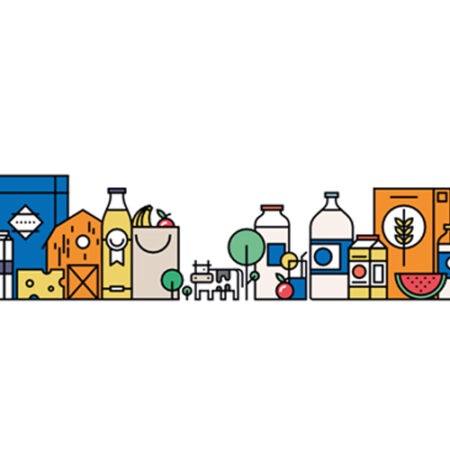HALAL
The term Halal, meaning ‘permissible’ or ‘lawful’ in Arabic, refers to set guidelines for food consumption as described in Islam. Halal guidelines mainly focus on meat and meat products, where the producers are required to follow certain rules. The Islam has specifications on what animals are permissible for consumption, what meats must be completely avoided and the way in which the meat should be produced.
Halal is a big part of Islam and the Islamic dietary laws provide strict guidelines on food and its consumption. This is why a large part of people that follow Islam prefer to buy their food from a known and trusted halal vendor or purchase Halal certified products. In the culture where people tend to buy in bulk from supermarkets, having Halal certification is a sure way to increase sales and in turn profitability.
Halal certification is an internationally recognized certificate necessary to get trade permission in 117 countries.
Halal certified products have huge potential as Report Linker estimates the global halal foods market to reach the U.S $3. 2 Trillion by 2027. The certification involves assessment of all processes in the production of food, where areas that need reforms are identified. These changes, once implemented properly, will bring in many benefits.
The advantages of having Halal certification are numerous, especially if a company is looking to build its brand in several countries around the world. However, the certification is only effective if the changes needed are implemented with a clear understanding and dedicated efforts.
Halal certification follows local regulations but for most countries, these guidelines are based on Malaysian halal standards. This certification is essential for companies in the food sector, especially if the main business is exporting to different countries. The certification applies to companies in the entire food production chain.
There are guidelines for dairy and aquatic products, raw ingredients, poultry and livestock companies, production of fat and related items and many other sectors. Since pharmaceutical and cosmetic companies also use animal products or by-products, the certification is applicable for them as well.
Overall, it applies to restaurants, pharma & cosmetic companies, catering services, hospitals & tourism companies.
We offers companies the guidance they need to acquire Halal certification and advises on the changes that need to be made. Our team brings a mix of excellence and experience and is committed to helping enterprises to meet new goals with Halal certification.
Related Services
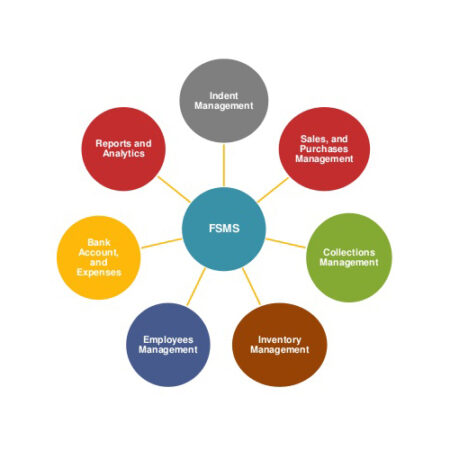
ISO 22000:2018
ISO 22000:2018
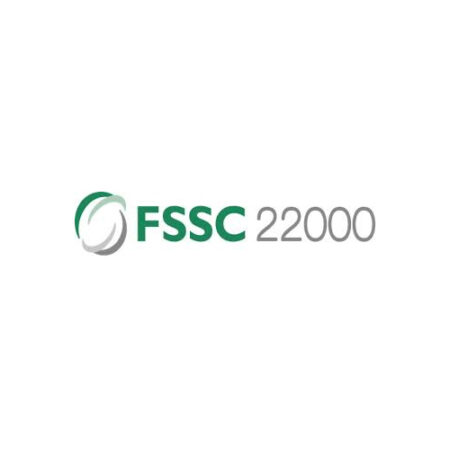
FSSC 22000 v5.1
FSSC 22000 v5.1
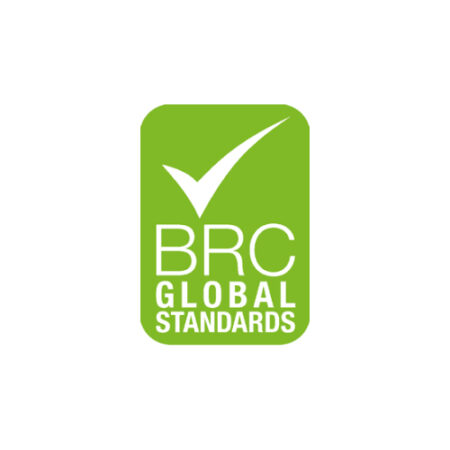
BRCGS for Storage & Distribution Issue 8
BRCGS for Storage & Distribution Issue 8

BRCGS for Storage & Distribution Issue 6
BRCGS for Storage & Distribution Issue 6
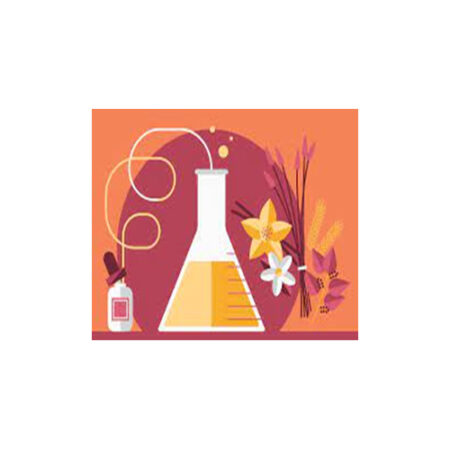
ISO 22716:2007
ISO 22716:2007
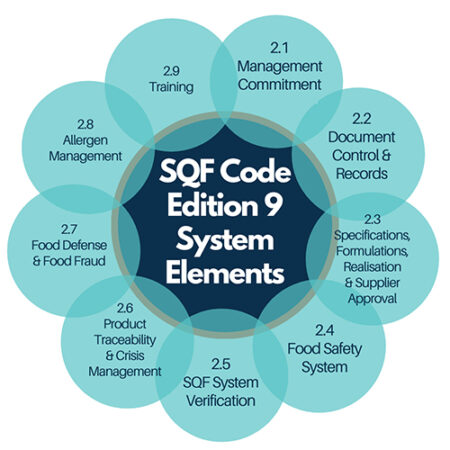
SQF Code Edition 9
SQF Code Edition 9

BRCGS for Storage & Distribution Issue 4
BRCGS for Storage & Distribution Issue 4
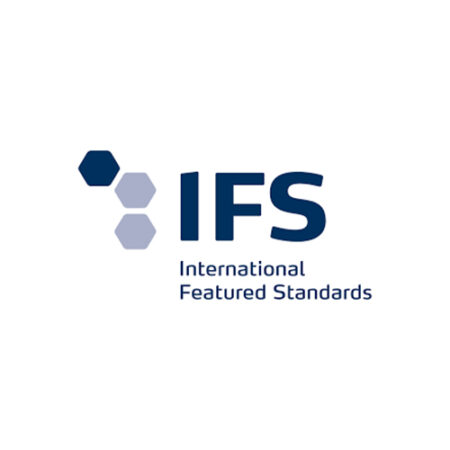
IFS Version 7
IFS Version 7
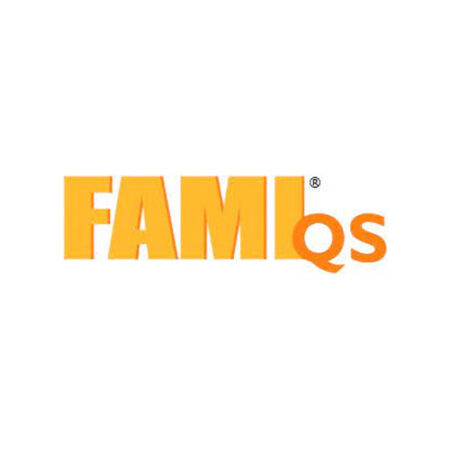
FAMI-QS
FAMI-QS
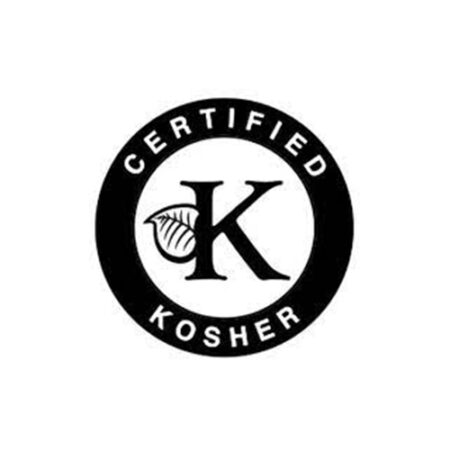
KOSHER Certification
KOSHER Certification
